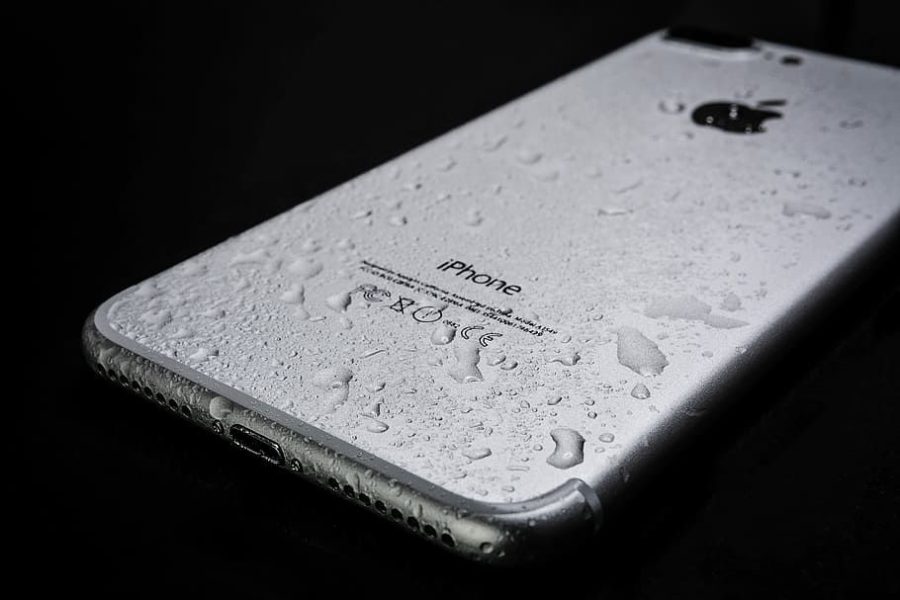Schupbach: iPhone versus Android
June 28, 2020
I have been an Android user ever since I got a smartphone. I started with the Samsung Galaxy S7, then upgraded to the Galaxy S10 when my S7’s battery and processing speed became increasingly unreliable. I was drawn to the Android operating system because it offered me more flexibility and customization.
I knew I would be missing out on things like FaceTime and iMessage, but at the time, I did not feel I was missing out on these Apple hallmarks. SMS is just as good, right? Hopefully you can learn from my experience and choose the right phone for you.
While I enjoyed my time with my Android, as of this week, I switched over to an iPhone. Why? I, like many other “tech savvy” individuals like to keep tabs on both phone manufactures, to see what new changes may be coming to both platforms and decide if my current platform is still right for me. About a week ago at Apple’s World Wide Developer Conference (WWDC), they announced iOS 14, which tipped the scales in favor of an iPhone.
iOS 14 solves many of my gripes I have had with the iPhone. For years, Android has had pictures in picture mode, widgets on the home screen, a separate app drawer and the ability to set default apps. Finally, the iPhone will be obtaining all of these features.
Don’t get me wrong, even though I’ve enjoyed Samsung, I have not been completely satisfied with my devices. Samsung truly has an edge with its version of the Android operating system: One UI and its cameras are flawless.
The things I don’t like come down to Samsung’s support of their devices and communication between others. I didn’t like that software updates for both apps and One UI are painfully slow. Whereas Apple devices receive regular updates and all of their devices get them at the same time.
Communication is also an area Android needs to improve. Apple of course has iMessage, but up until this year, Android has only had SMS, which is OK, but you need a sufficient cell signal AND the person you are trying to reach needs a functioning cell signal. I ran into many occasions where responses took a long time to process for any number of reasons with SMS.
In the beginning of this year, I thought at least one of my problems was solved. Google introduced Rich Communication Services (or RCS). RCS was supposed to be the “iMessage killer.” However, in practice, it doesn’t work as well as it should.
Unlike iMessage, it is not turned on by default, and not many people I interact with have an Android device. Most people around me have iPhones. iPhones also work better with other iPhones with tools like AirDrop, which allows you to share photos and videos with other friends.
Since iOS will be getting many new features I loved on Android, I decided I couldn’t hold out any longer. I could no longer justify not having the better communication tools with my friends and family for a few features iPhones would be getting in September.
Ultimately, your decision on what phone to buy is like any other decision. You must weigh the pros and cons to decide whether it is time to switch or keep the same phone manufacturer. Personally, I felt it’s time to switch, so I did.
I have a feeling Apple will gain more Android users because of the changes they will be implementing.







